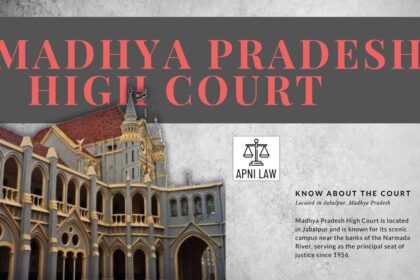Code
Whoever absconds in order to avoid being served with a summons, notice or order proceeding from any public servant legally competent, as such public servant, to issue such summons, notice or order, shall be punished with simple imprisonment for a term which may extend to one month, or with fine which may extend to five hundred rupees, or with both;
or, if the summons or notice or order is to attend in person or by agent, or to 1 [produce a document or an electronic record in a Court of Justice], with simple imprisonment for a term which may extend to six months, or with fine which may extend to one thousand rupees, or with both.
Explanation:
This section states that whoever, knowing that any summons or other proceeding has been issued against him, absconds or conceals himself to avoid service of such summons or proceeding, shall be punished with simple imprisonment for a term which may extend to one month, or with fine which may extend to five hundred rupees, or with both.
Illustration:
Suppose a person, ‘A’, is accused of a crime and a summons is issued to him for appearing in court. Knowing this, ‘A’ runs away from his house and hides to avoid being served with the summons. This act of ‘A’ would constitute an offense under IPC Section 172.
Common Questions & Answers:
Q: What is the difference between absconding and concealing oneself?
A: Absconding refers to fleeing from one’s usual place of residence to avoid being served. Concealing oneself means hiding within one’s usual residence or at a different location.
Q: What is the intention required for an offense under Section 172?
A: The accused must have the knowledge of the summons or proceeding and must intend to avoid service by absconding or concealing themselves.
Q: What are the penalties for absconding under Section 172?
A: The penalty can be simple imprisonment for up to one month, a fine of up to five hundred rupees, or both.







